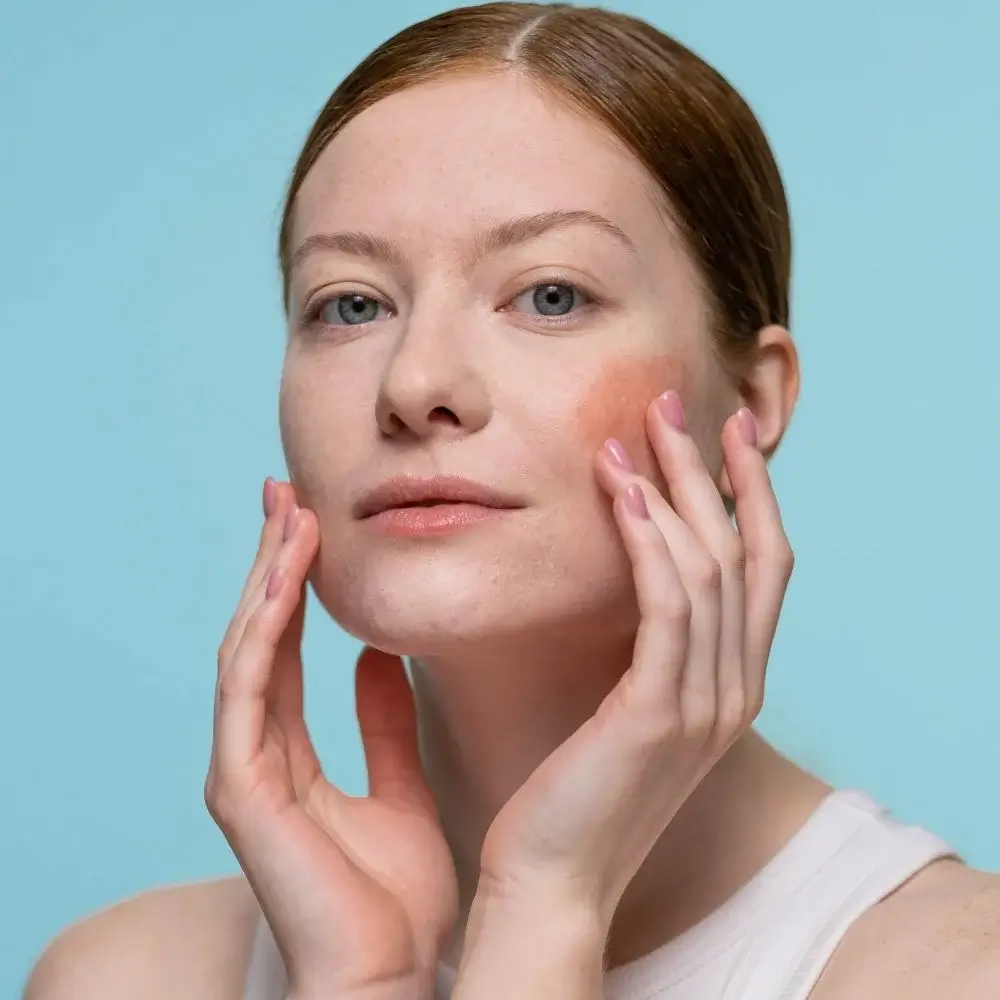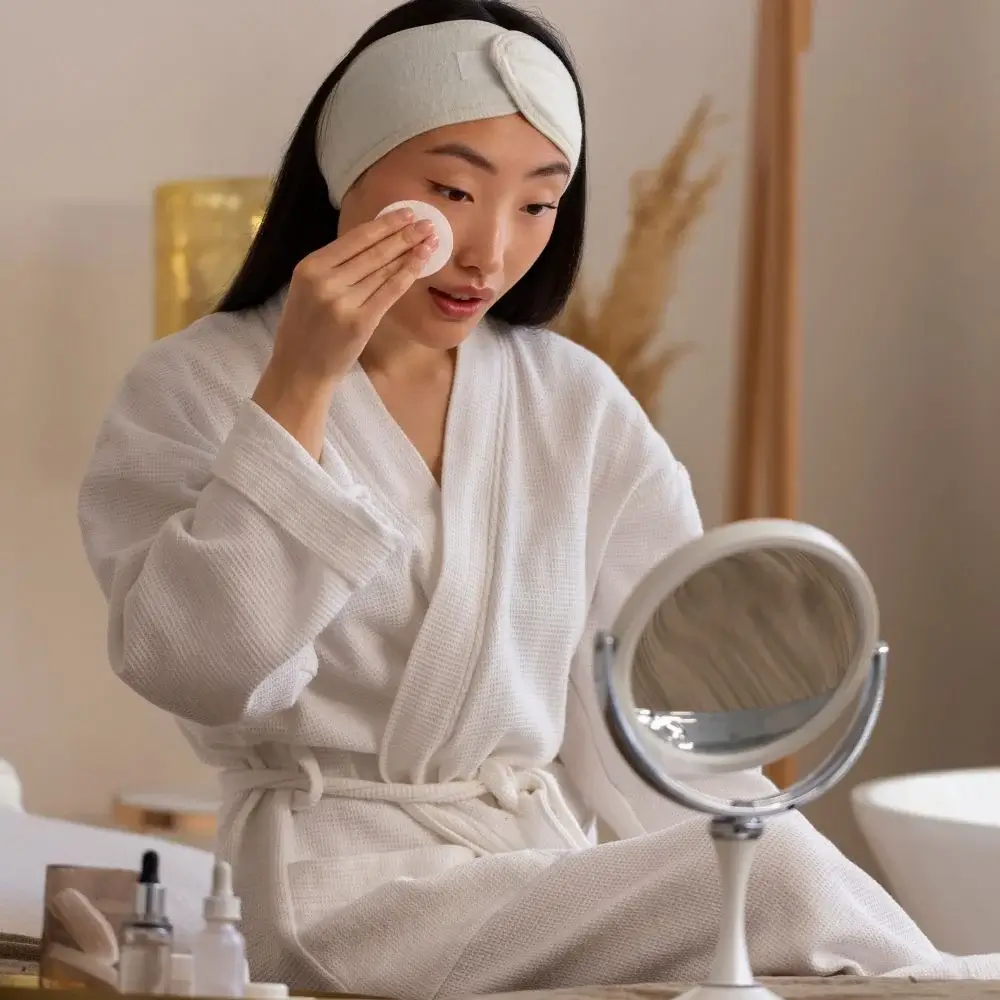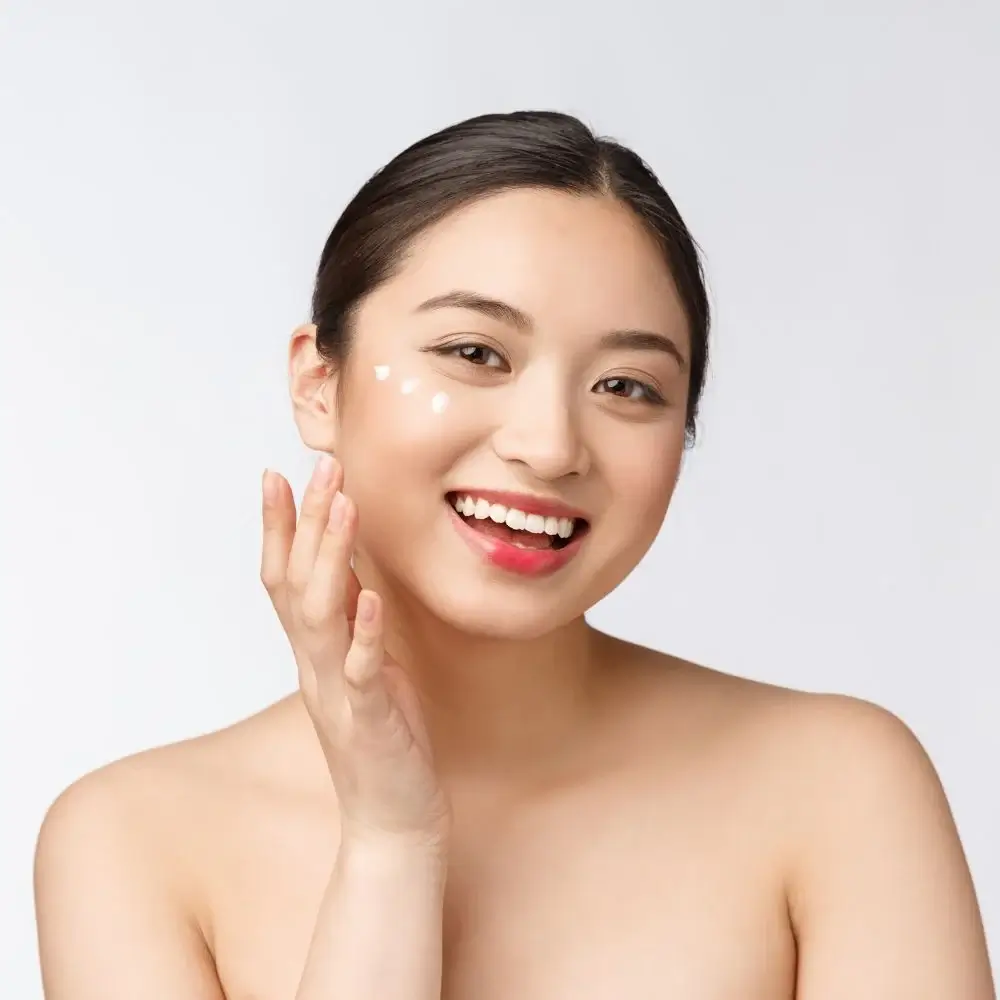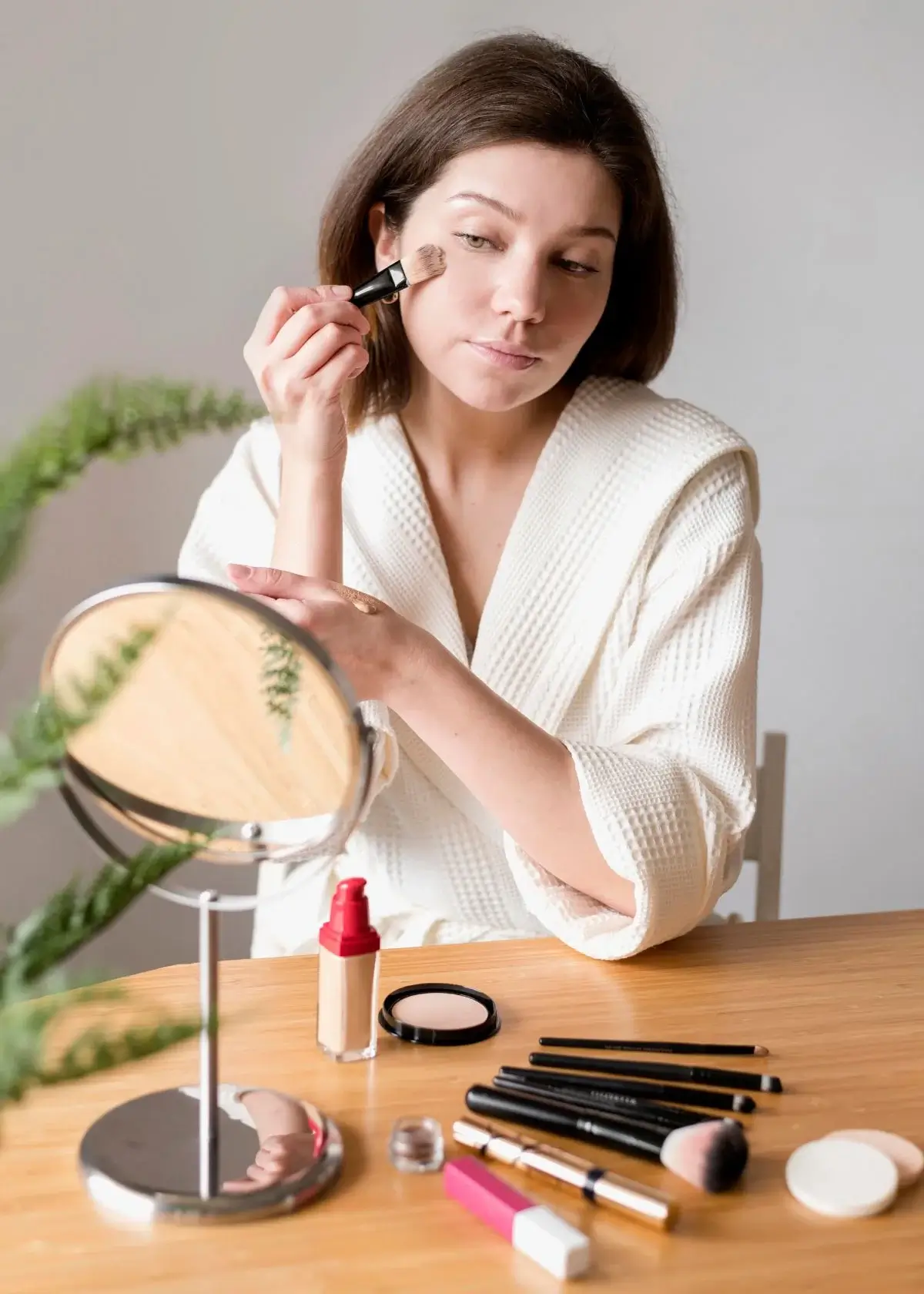Everyone wants a healthy, glowing complexion, but when you're struggling with acne-prone skin, finding makeup products that won't aggravate your skin can be tough. Blush is a staple in many people's makeup routines, but not all formulas are created equal regarding acne. In this post, we'll explore some of the best blush formulas for those with acne-prone skin so you can achieve a radiant flush without risking breakouts.
Powder Blushes
If you're prone to acne, powder blushes are often the best choice. Powder formulas are more lightweight than creams or liquids, making them less likely to clog pores or cause breakouts. They also absorb excess oil from the skin, which is excellent for those with oily or combination skin types. Look for powder blushes with gentle ingredients, such as mineral-based powders, and avoid products with talc or fragrances that can irritate the skin.
Cream Blushes
Many people prefer cream blushes for their blendability and natural finish. However, those with acne-prone skin should be cautious with cream formulas, as they can be more emollient and pore-clogging than powders. If you do opt for a cream blush, look for an oil-free and non-comedogenic formula. Applying cream blushes with clean hands or brushes is also essential to avoid transferring bacteria onto your skin.
Liquid Blushes
Liquid blushes are a popular choice among makeup artists, as they're highly pigmented and provide a dewy, natural-looking flush. However, due to their thicker consistency, they can be problematic for acne-prone skin. Liquid formulas have a higher risk of clogging pores and causing breakouts, especially if they contain heavy oils or emollients. If you want to try a liquid blush, look for one that is lightweight and oil-free, and apply sparingly to avoid layering too much product onto the skin.
Stain Blushes
Stain blushes are a unique formula that can be applied with a built-in applicator or a brush. They're designed to provide long-lasting color that won't budge, even in hot or humid weather. Stain blushes are often more watery than other formulas, making them less likely to clog pores or cause breakouts. Look for a stain blush with gentle ingredients, such as fruit extract, and avoid products with alcohol or high levels of pigmentation that can irritate the skin.
Mineral Blushes
Mineral makeup is becoming increasingly popular among those with sensitive or acne-prone skin, and for good reason. Mineral-based blushes are made without harsh chemicals, fragrances, or synthetic preservatives and are less likely to cause irritation or breakouts. They also provide a natural-looking color that can be built or blended to create your desired look. Look for mineral-based blushes with ingredients like titanium dioxide, iron oxides, and mica for a healthy, radiant glow.
When it comes to choosing the best blush formula for acne-prone skin, it's important to consider ingredients, thickness, and application methods. Look for gentle, non-comedogenic formulas that won't clog pores or cause breakouts, and always apply makeup with clean hands or brushes. Powder and mineral blushes are often the safest choice, but if you want to try a cream or liquid formula, be sure to choose products with oil-free, gentle ingredients. With some research and experimentation, you can find the perfect blush for your skin type and achieve a radiant, healthy-looking flush.
Finding the best blush for acne-prone skin can feel like searching for a needle in a haystack. But have no fear; we have researched and found the best blush for your skin type. Say goodbye to harsh chemicals and irritating formulas, and say hello to a healthy, glowing complexion. With just one click of the link, you'll be able to discover your new favorite blush that won't exacerbate your acne and, instead, leave you feeling and looking beautiful. So what are you waiting for? Let us take the guesswork out of your makeup routine and click the link to find your next go-to blush to keep your skin healthy and happy.
What skincare routine should I follow before applying blush on acne-prone skin?
Before applying blush on acne-prone skin, preparing your skin correctly is essential. Start with a gentle, oil-free cleanser to remove impurities and excess oils that might exacerbate acne. Follow this with a non-comedogenic moisturizer to hydrate your skin without clogging pores. Applying a silicone-based primer can help create a smooth canvas for makeup application. Opt for a mineral-based foundation or a BB cream to even out your skin tone while being gentle on sensitive skin. Lastly, when selecting a blush, choose a powder formula specifically designed for acne-prone skin and apply it lightly to avoid irritating existing acne.

What are some tips for achieving a long-lasting blush look on acne-prone skin?
Follow these tips to ensure your blush lasts all day on acne-prone skin. After applying your blush, set your makeup with a translucent setting powder. This step helps to lock your blush in place and control excess oil that can lead to makeup breakdown. Besides, consider using a makeup setting spray for extra durability, especially if you have oily skin. Keep oil-absorbing sheets on hand throughout the day to blot away excess oil without disrupting your makeup.

What are some professional makeup tips for selecting blush for acne-prone skin?
Professionals recommend specific guidelines for selecting the right blush for acne-prone skin:
- Choose shades that complement your undertone for a flattering look.
- Opt for blush products that are non-comedogenic and fragrance-free to minimize the risk of clogging pores and causing breakouts. While cream blushes can work well for a natural finish, ensure they are oil-free to prevent exacerbating acne.
- Consider blushes infused with soothing ingredients like chamomile or aloe vera, which can help calm skin irritation or redness.

How can I incorporate blush into my daily skincare routine for acne-prone skin?
Incorporating blush into your daily skincare routine for acne-prone skin requires a thoughtful approach. Begin by choosing a blush product that offers skincare benefits, such as salicylic acid or niacinamide, which can help address acne concerns. After applying your moisturizer and sunscreen, apply the blush before your foundation for a natural flush. Always use clean brushes or sponges to prevent the transfer of bacteria to your skin, which can exacerbate acne. Remember not to layer blush excessively; a light application maintains breathability and a more natural complexion.

How can I naturally flush using cream blush on acne-prone skin?
Follow these steps to achieve a natural flush with cream blush on acne-prone skin. Begin by applying a sheer layer of cream blush to the apples of your cheeks. Use your fingertips or a makeup sponge to blend the product seamlessly into your skin. Cream blushes with a matte or satin finish create a natural look without emphasizing skin imperfections. Avoid heavy-handed application, as this can lead to a cakey appearance and may accentuate acne.
Should I choose blush with built-in skincare ingredients for acne-prone skin?
Selecting blush with built-in skincare ingredients can be advantageous for acne-prone skin. Look for blushes incorporating ingredients like salicylic acid or witch hazel, known for their acne-fighting properties. However, performing a patch review before using these products on your face is crucial to ensure your skin tolerates them well. Consider consulting a dermatologist who can guide you on suitable skincare-enhanced blush products for personalized advice and product recommendations tailored to your skin concerns.







